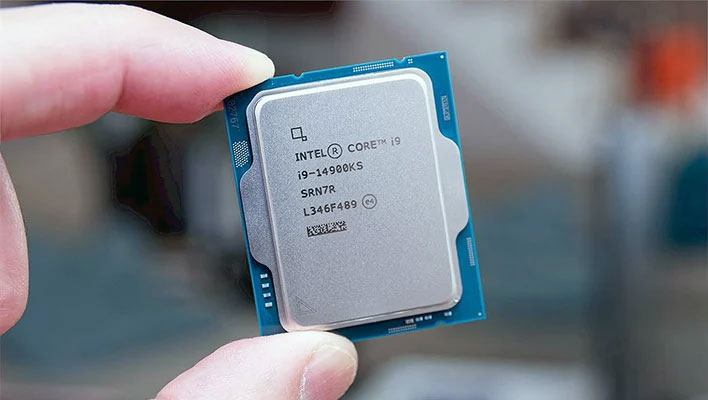Intel saying it
discovered the root cause of instability issues on its 14th Gen and 13th Gen Core processors and promising a firmware fix came as good news to affected owners last week. That said, the issue could affect more than just the top processor models. Intel said as much in an interview with
The Verge, in which it also gave a reply to a question asking if it plans on issuing a recall.
"No," was the short and simple answer to that one.
It's hard to fathom how much a total recall would cost, especially since the issue apparently isn't limited to just the top SKUs, but some 65W models, including non-K variants (more on that in a moment). While that may come as disappointing news to some, Intel will address the root cause in a microcode update next month, and has promised to take care of affected customers for which a firmware fix arrives a little too late.
Why would it be too late? As Intel previously explained, the cause of the stability headaches boils down to a faulty microcode algorithm that was elevating operating voltages. Those incorrect voltage requests to affected processors were not just annoying, in that they could lead to crashes and other anomalies, but it was reported that they could cause permanent (read: irreversible) damage. In those cases, a microcode update won't do a lick of good.
During the aforementioned interview, Intel was asked how many chips it estimates "are likely to be irreversibly impacted" by the faulty microcode.
"Intel Core 13th and 14th Generation desktop processors with 65W or higher base power—including K/KF/KS and 65W non-K variants—could be affected by the elevated voltages issue. However, this does not mean that all processors listed are (or will be) impacted by the elevated voltages issue," Intel said.
In other words, even mainstream processors are potentially affected. As Intel points out, not every chip that's affected gets to the point of no return. There are a lot of factors at play, including the motherboard and BIOS version, chip settings, and so forth. Still, the bigger takeaway is that this could be a more widespread issue than initially thought.
According to Intel, the upcoming microcode update will sufficiently prevent the problem from cropping up on chips that are not experiencing stability issues. During the interview, Intel was non-committal to proactively warning potentially affected owners, but did say it is "investigating options to easily identify affected processors on end user systems" and recommends that users "adhere to Intel Default Settings on their desktop processors, along with ensuring their BIOS is up to date."
Additionally, Intel has no current plans to halt sales of potentially affected chip models, given its confidence in its upcoming microcode update. And while Intel has not yet provided an answer as to whether it plans on extending the warranty for its 14th Gen and 13th Gen Core processors, it's gone on record multiple times saying it will take care of its customers.
"For customers who are or have been experiencing instability symptoms on their 13th and/or 14th Gen desktop processors, Intel continues advising them to reach out to Intel Customer Support for further assistance," Intel said.
Intel said that also applies to customers who may have previously had an RMA request rejected.

